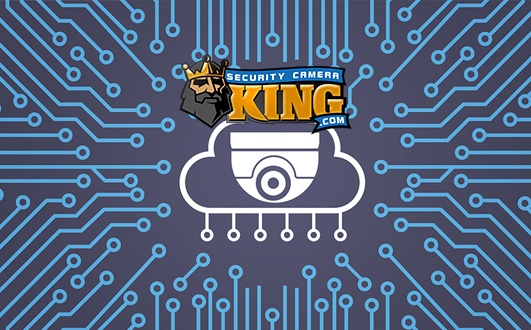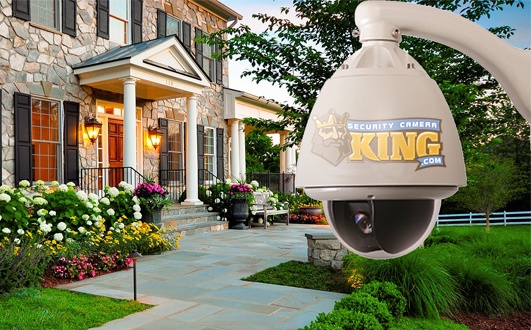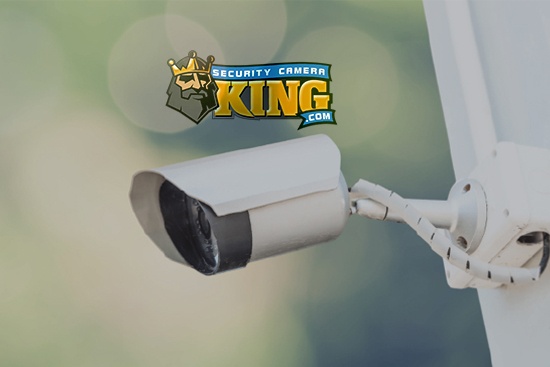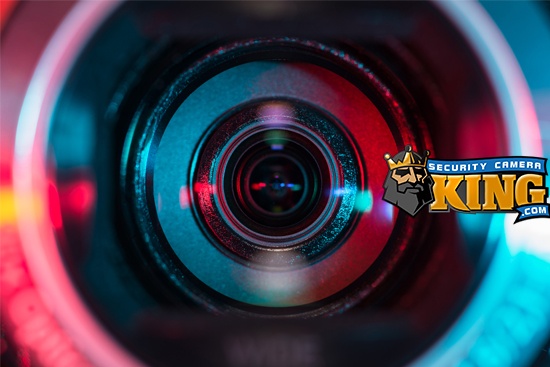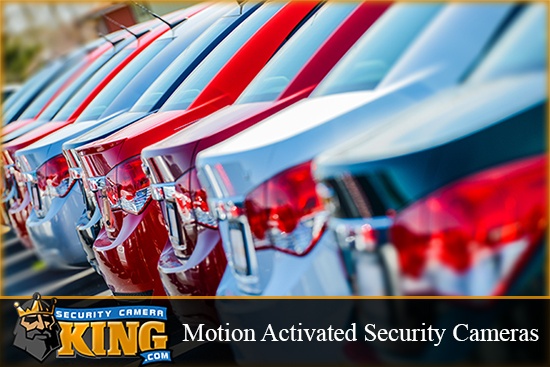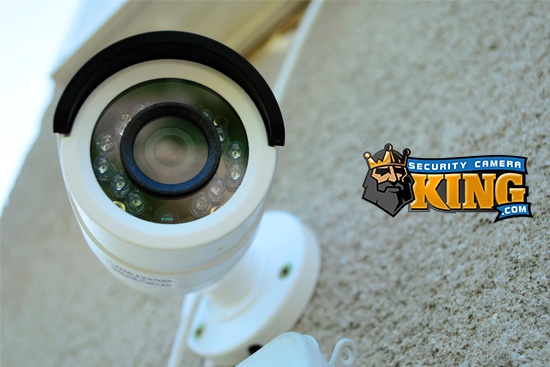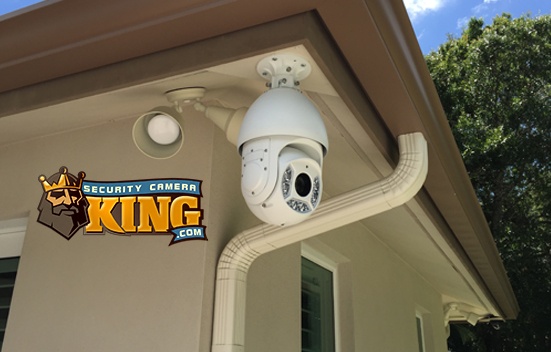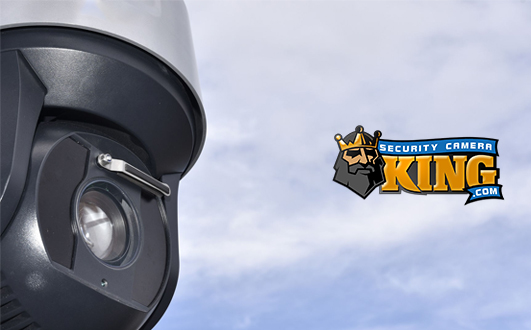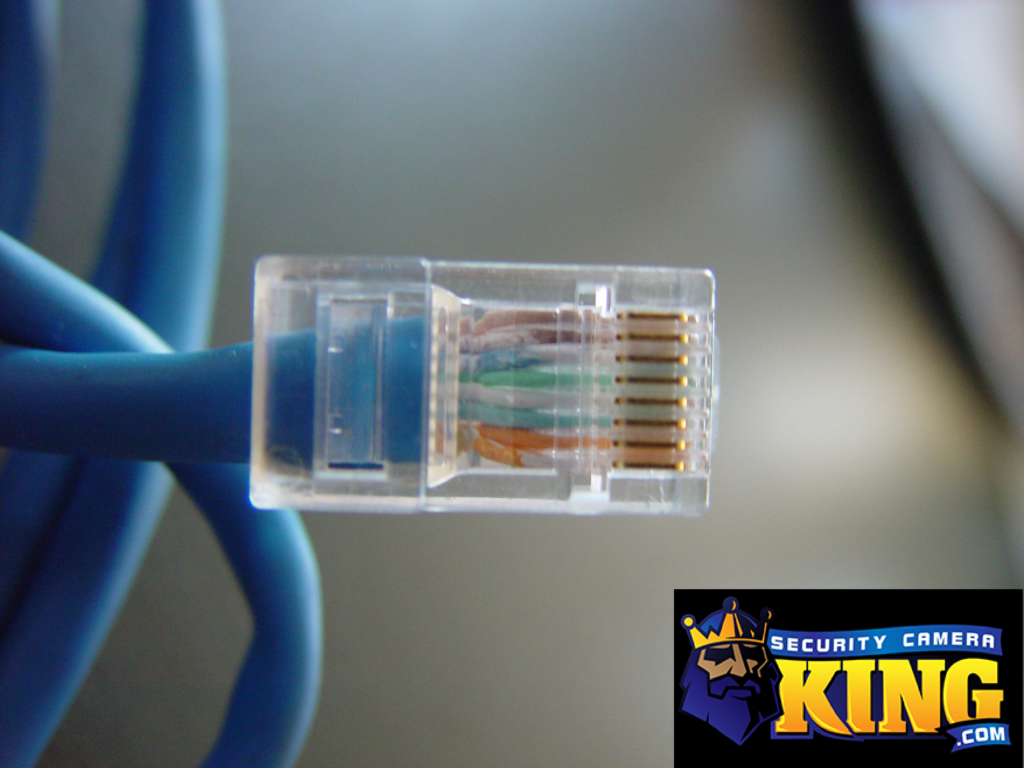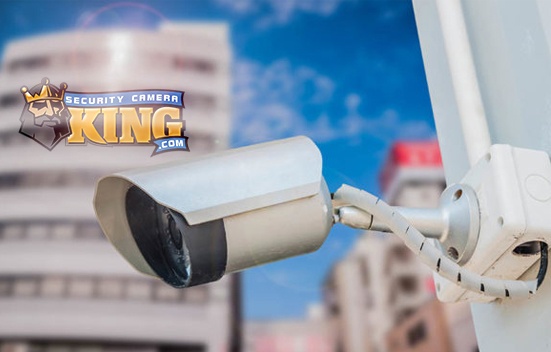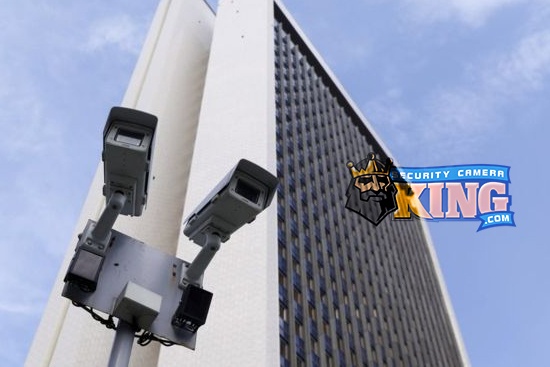IP Camera FAQ by Security Camera King
Hey Everyone, Security Camera King here with an article today covering our IP Camera FAQ! IP cameras are at the technological forefront of CCTV devices. Since their inception, they have rapidly grown in acceptance, and are beginning to dominate the field. Of course, there is still a place for their COAX counterparts as well, for the most part, it’s situational. However, since this technology is always evolving and always changing there are often tons of questions about what can be done, what’s available, how it works, and more! That’s why SCK decided to create an aggregate IP Camera FAW to nail down some of the more common questions, and list their answers in one easy-to-read article. So if you have your own IP camera question, give this IP camera FAQ a read through and maybe you’ll have your question answered! If not, we’re always here to help!
IP Camera FAQ:
- What is an IP Camera?
An IP Camera is a CCTV camera that communicates its video data over a computer network infrastructure, usually utilizing Cat5e or cat6 Ethernet cable. The signal is totally digital, and this is in contrast to COAX cameras which transmit digital or analog signals over an rg59 COAX cable. Unlike COAX cameras, all the video encoding occurs on the IP camera itself and then is sent to the recorder. IP cameras are often powered by POE, by the same ethernet cable they send their data. - What does the IP, in IP camera stand for anyway?
IP is shorthand for Internet Protocol, and is even further shortened from IP address. An IP address is a four numeric sequence designation for a device on a network. 192.168.1.108 is an example of a local network IP address. Devices on the same network reference each other for communication using their IP addresses. Each IP camera on the same network will have its own IP address. sometimes this is given to the camera by a network router, or manually. Other times it’s assigned by an NVR the camera is connected to. - What is an NVR?
NVR is short for Network Video Recorder. Unlike DVRs which do the encoding recorder side, and connect to COAX cameras, NVRs receive already encoded data from IP cameras and write this data to a disk. They also act as central control and access stations with which to view this footage, backup data, and make settings changes to the cameras and the system itself. IP cameras will need to connect to an NVr by way of an external network using a POE network switch, or some NVRs have their own onboard POE ports. - Okay, so what is POE?
Power Over Ethernet is what POE stands for. As its name implies, it’s a technology that allows power to be sent over an ethernet cable to Cameras. In fact, it is the same ethernet cable that the IP camera would use to send and receive data. This means only one cable per camera is needed, rather than separate cables for power and data. - Do I need to have access to the internet to utilize IP Cameras?
There is a misconception that networks and the internet are the same things. This is is not the case. The internet is itself a type of Global network, that can be accessed through an ISP or internet service provider, which connects smaller local networks together to share data across the world. Often, an ISP will supply a business or residence with a modem and a router, or a device that performs both functions. Any router will provide network connectivity to any devices that are linked to it, but it does not need internet to do this. A network is simply a group of devices linked together in the same web of connections, with the same family of IP addresses, that are able to communicate data. Being able to then talk out to the internet is a separate, albeit useful thing. However, even without intent, you absolutely can form an IP camera network, record, and watch video data.With the added benefit of the Internet in addition to your network, you can also access your CCTV system for remote viewing. While this one very specific feature does require the internet, simply having and using an IP-based CCTV system does not. - I already have a COAX camera system, should I upgrade to IP?
We get asked this a lot and the truth is, it really depends on your needs. We tend to suggest that if you have existing COAX cabling, it might be better to upgrade to a high-end DVR, and replace the cameras at the cable ends with newer high-resolution COAX cameras. With a newer hybrid DVR, you actually add IP cameras to it over the network. This way, if there’s an IP cam with the specific feature you like, you can adjust this new IP cam without upending your whole installation. - I do not have a CCTV system at all, should I use IP cameras?
If you are looking into a totally brand new installation, we actually do recommend you consider IP cameras. Whereas with an existing COAX installation you already have this work done, and materials installed, a NEW coax installation can potentially be more labor-expensive, if not around the same. More cables are needed, and more time must be spent running them and securing proper power. With IP cameras needing only one cable per camera, this drastically cuts down on install time and materials. Additionally, there are features unique to IP cameras that you’d be missing out on. - What Features are unique to IP cameras?
Some of these include AI Features like advanced AI facial capture and recognition, onboard SD card storage, active deterrence, and more. However one of the most important features of an IP camera is the ability to log directly into one via browser and dynamically adjust its settings on the fly. - Are there any distance limitations to using IP Cameras?
Currently, standard POE is limited by the ethernet data distance limit of 100 meters. However, when utilizing an ePOE camera and ePOE power source, POE camera can be powered up to a max distance of 800 meters! - What If I’m still not sure? I need help!
That’s okay! Our team of expert sales pros is standing by to answer any questions you have regarding compatibility, usability, product availability or anything else you could think of!If you have any questions about CCTV or IP cameras not answered here, give us a call at.561-288-5258 . Don’t forget to subscribe to our YouTube Channel for more Tutorials and CCTV info. Until Next time, Stay Safe!
Related: What’s the difference between DVR and NVR?
Related: What’s the difference between H264 and H265?
Related: IP PTZ Security Cameras – All There is to Know
Related: Resolution, and why does it matter?
Related: What are active deterrence cameras?
Find Us On: Facebook | Twitter | YouTube

